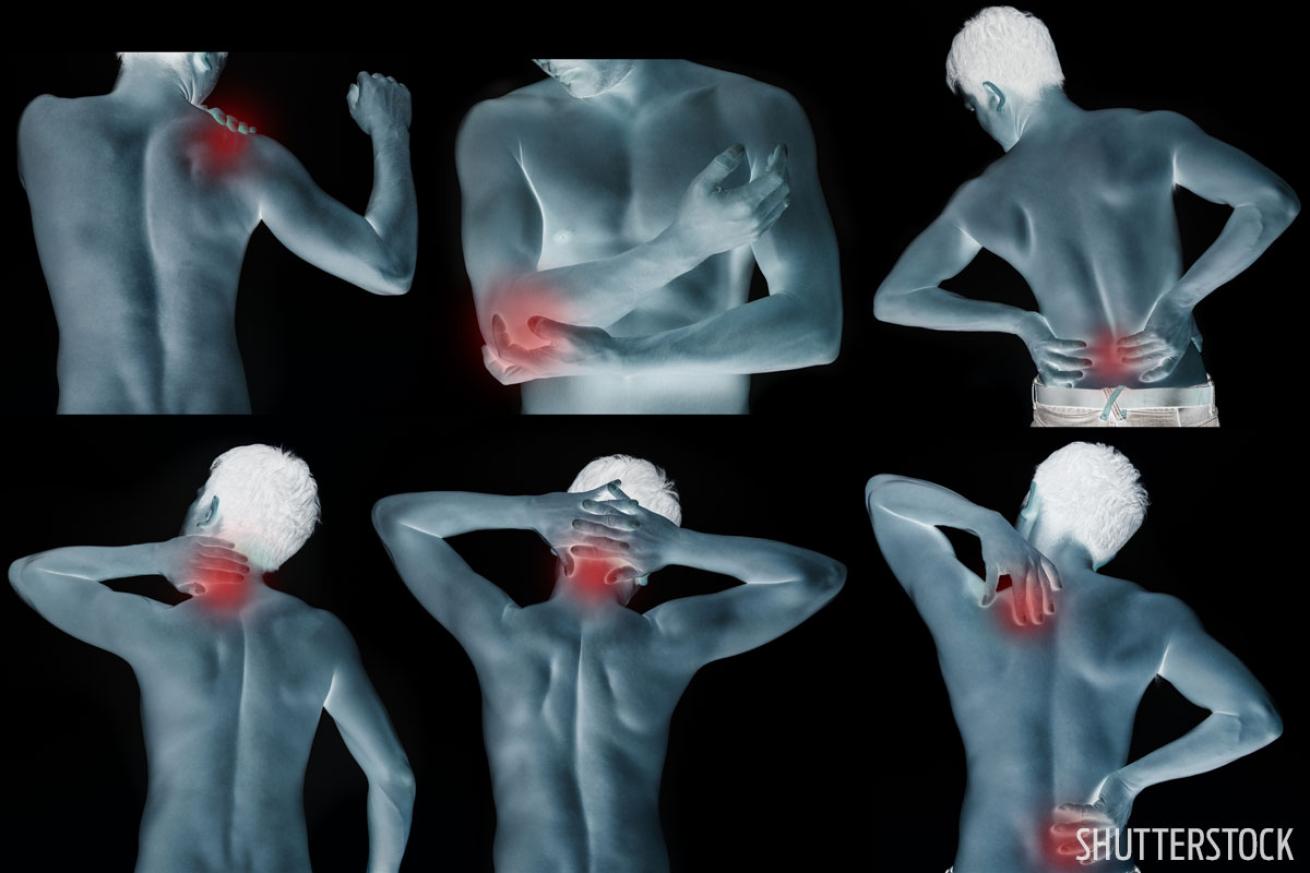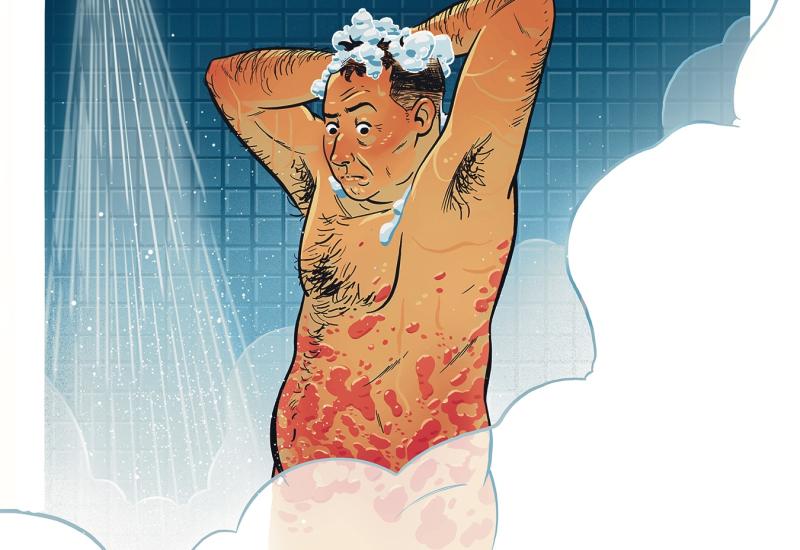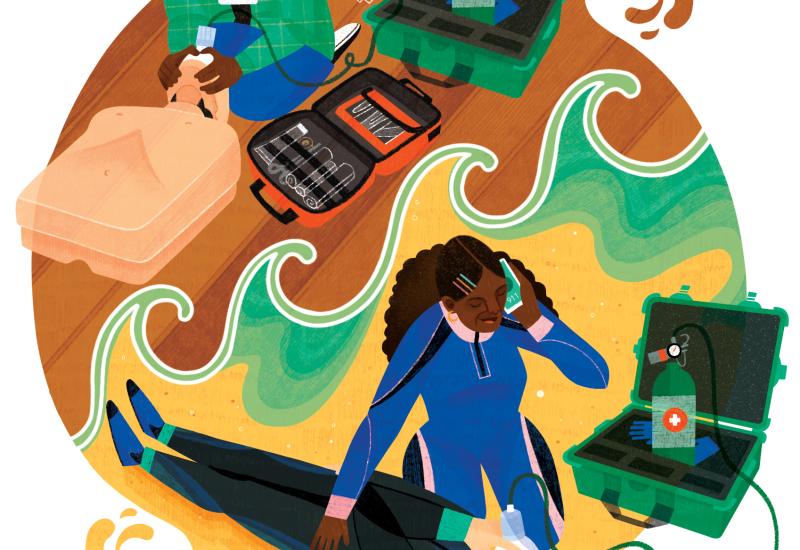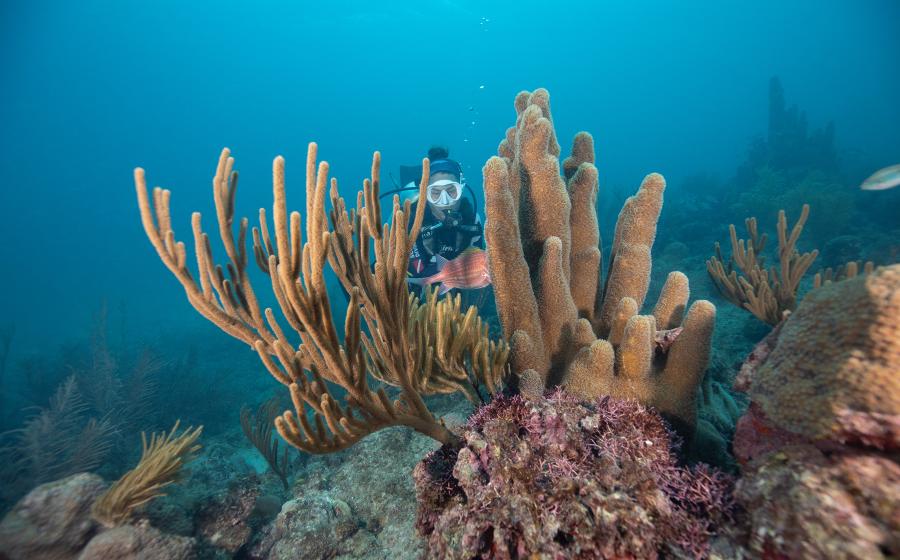Diving Doctor: Dehydrated or DCS?

ShutterstockFind out if you are experiencing symptoms of DCS or dehydration.
Q: I often have serious cramps and fatigue after diving — sometimes so bad that I struggle to get on the boat. Is it DCS? Or am I just dehydrated?
A: While muscle cramps and fatigue may be symptoms of decompression sickness, they are not the most common, nor are they a definitive indicator of DCS. If you experience these after most dives, I would say you are definitely not having recurrent episodes of DCS. Muscle cramps, particularly in the legs, after physical exertion are frequently reported by divers. The most common time for muscle cramps to begin is during the swim back at the end of the dive. As you suggested, this is most likely an electrolyte problem. Immersion in the water causes changes in blood flow and how the body balances electrolytes. There is a natural tendency to lose sodium through increased urine production and an alteration in electrolyte concentrations. This is driven by the increase in blood flow back to the heart that occurs with immersion. Muscle activity is based on sodium and potassium exchange; any alteration in the serum electrolytes can lead to cramping. Some people are more susceptible than others, and some might experience more cramping with age. The best way to prevent muscle cramping is to maintain a well-balanced diet and hydrate appropriately before and after diving. Electrolyte drinks or gel tablets ( often used by distance runners) might be more beneficial than water for divers who experience muscle cramping. I suspect the sense of fatigue will also disappear if the muscle-cramping issue is resolved.
More questions answered by the Diving Doctor:
Why Do I Get Nosebleeds After Diving?
Can High Blood Pressure Affect My Ability To Dive?
Is It Safe To Scuba Dive If You're Pregnant?
James L. Caruso is a 30-year veteran of the U.S. Navy, serving as ship’s doctor, undersea medical officer and flight surgeon. His experience includes a fellowship in Diving and Hyperbaric Medicine at Duke University Medical Center; today he is Denver’s chief medical examiner.










